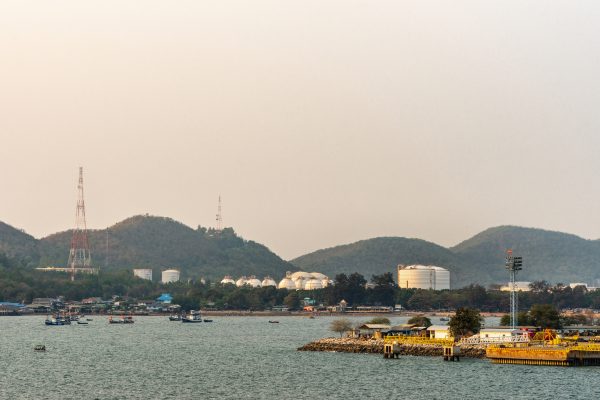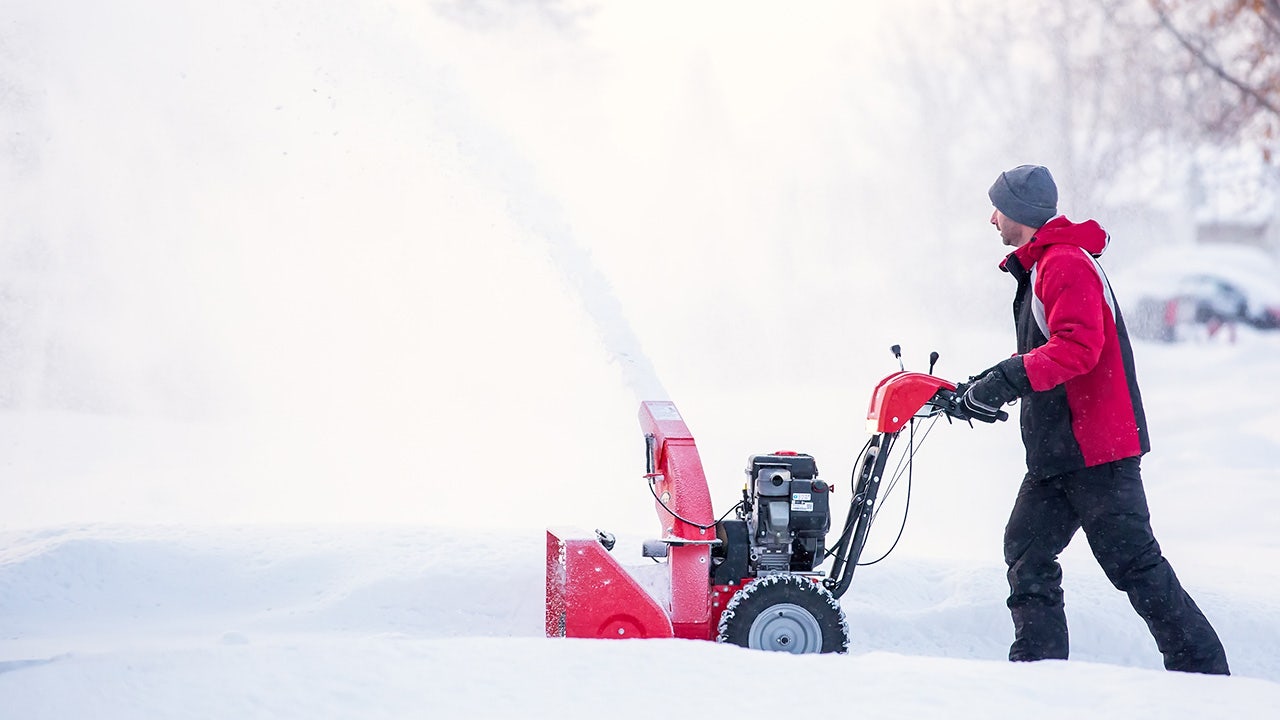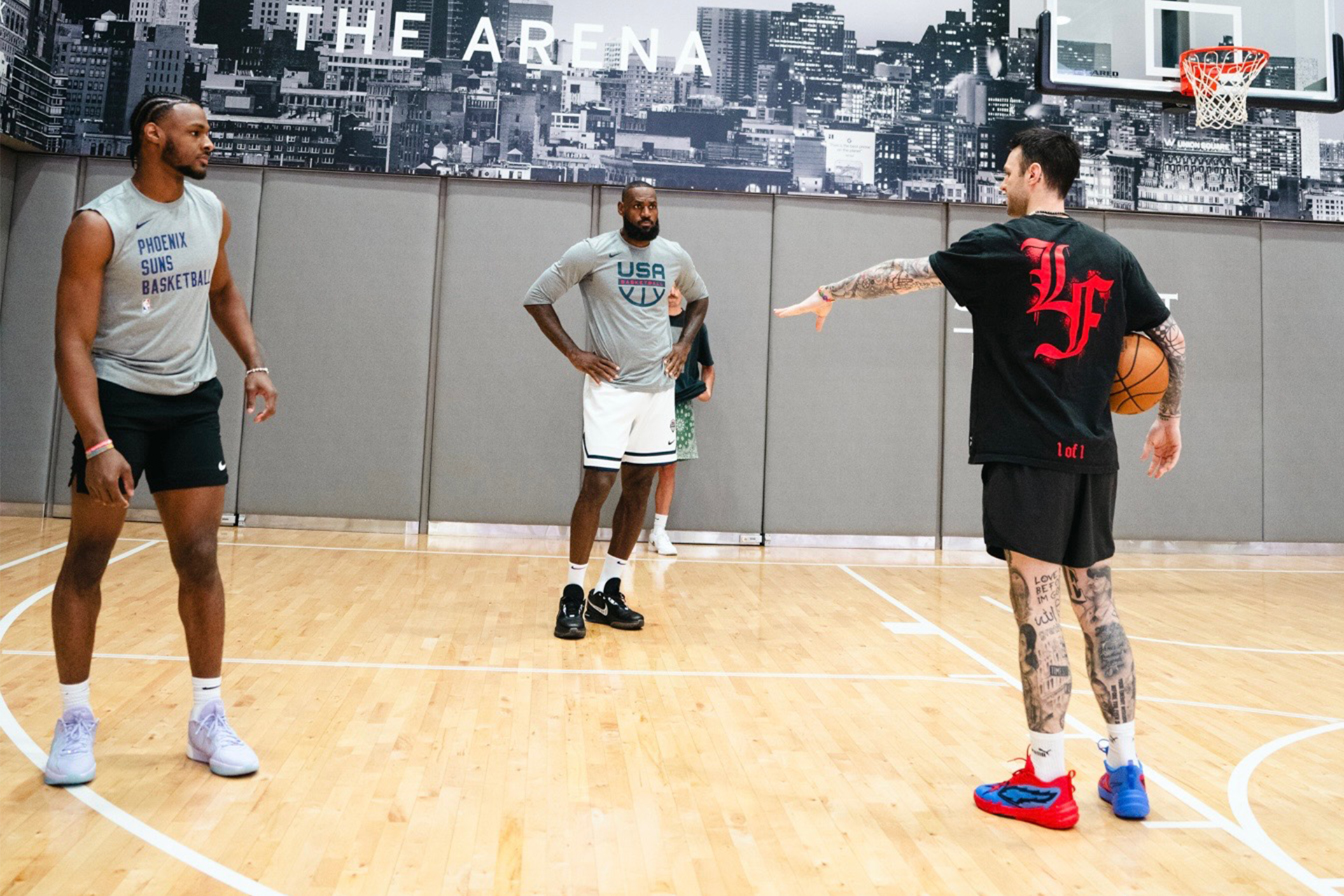Rinkevics said fellow NATO members need to commit at least 2 per cent of their GDP to defence spending, in line with the bloc’s guideline.
NATO states in 2014 agreed to do so by 2024 to help ensure the alliance’s military readiness. The move to bolster its defence budget came after Russia’s annexation of Crimea in Ukraine’s south, and has been seen as increasingly urgent following Moscow’s full scale invasion of Ukraine in 2022.
However, as of last year, only 10 out of 32 member states – including Latvia – have reached or exceeded the target.
“Let’s face it, (even) 2 per cent is not enough. There are discussions about the need to spend at least 2.5 per cent of GDP in the future,” Rinkevics told CNA on the sidelines of the ongoing NATO summit in Washington DC.
Once a member of the Soviet Union, Latvia shares its eastern border with Russia and has been a NATO member for two decades.
ON UKRAINE
Ukraine is at the top of the agenda at the NATO summit. The three-day meeting opened on Tuesday with a forceful speech by United States President Joe Biden, who promised to defend the war-ravaged nation against Russia’s invasion.
NATO leaders plan to pledge more arms and ammunition, as well as reassure Kyiv of their ongoing support.
Rinkevics said it is critical for NATO members to continue to aid Ukraine, calling on nations to lift restrictions on the use of weapons provided to Kyiv.
Amid concerns that allowing Kyiv to use Western-supplied weapons on Russian territories will escalate the conflict, countries have restricted their use to military targets inside Ukraine.
Some such limitations on shorter-range weapons have since been lifted as Russia’s forces advanced in recent weeks.
However, this still puts Ukrainian cities at risk of Russian aircraft that fly in from military bases hundreds of miles inside Russia, firing weapons and dropping bombs. Kyiv has pleaded for fewer restrictions, especially on long-range weapons.
Rinkevics said Ukraine has become a “litmus test” for nations regarding the world order.
“(If countries) can get away with launching war, grabbing territory and committing atrocities, then the international law and order, as we know it, is going to disappear,” he said.
ON ASIA
Amid Russia and China’s ‘no-limits’ relationship, NATO is looking to deepen ties with its Indo-Pacific allies.
Leaders of Japan, South Korea, Australia and New Zealand will attend the Washington summit despite not being part of the military alliance.
Rinkevics said it is crucial for NATO to continue working with Indo-Pacific partners that share common interests and similar values.





















Discussion about this post